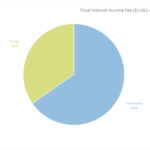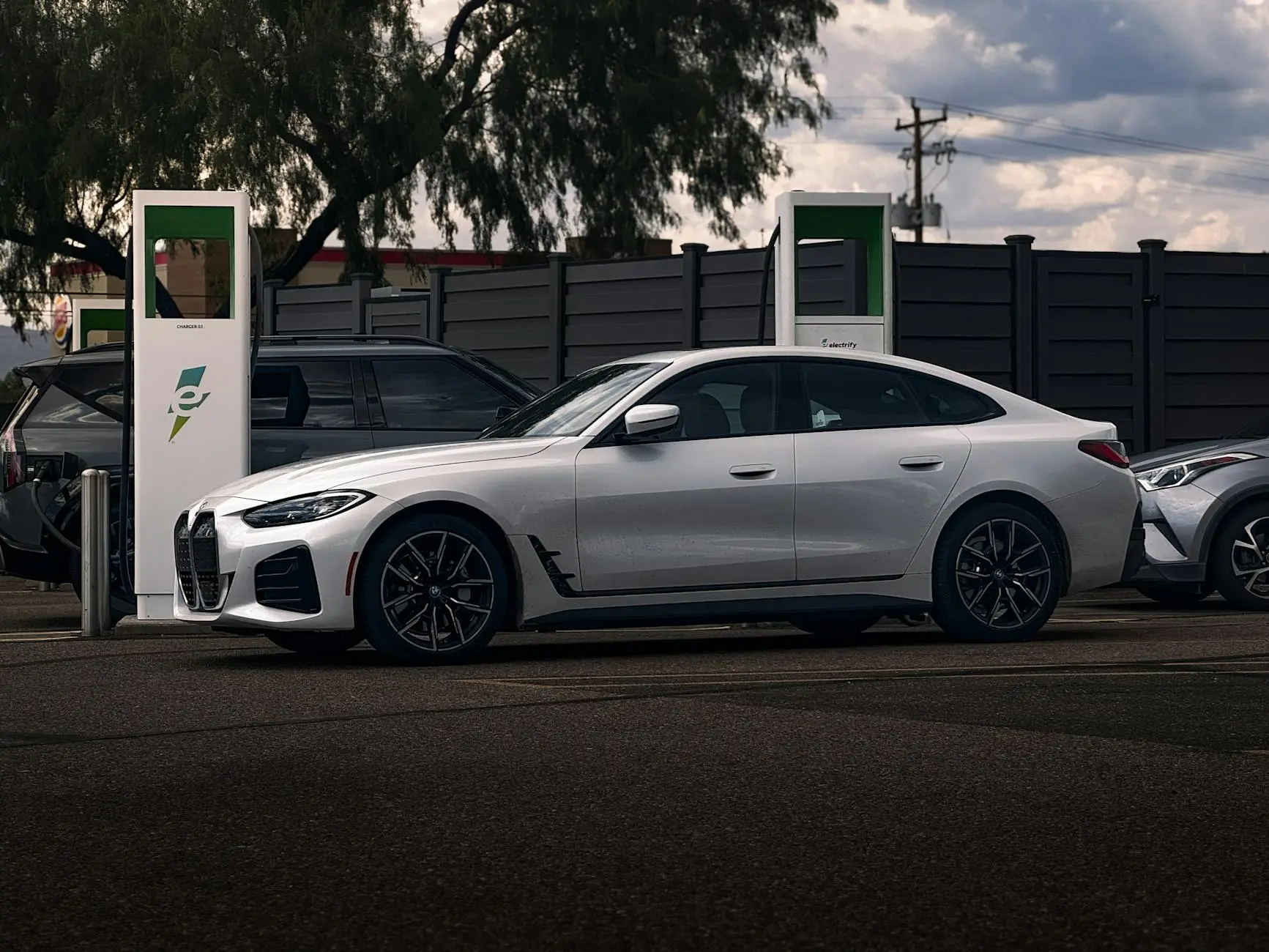Is Pay-Per-Mile Car Insurance Right for You? Pros and Cons
As the automotive landscape continues to evolve, so too do the options for vehicle insurance. One innovative solution that’s gained traction in recent years is pay-per-mile car insurance. This type of coverage offers a unique twist on traditional auto insurance, allowing drivers to pay based on the miles they actually drive. While this type of insurance model might seem appealing, it’s essential to weigh the pros and cons before deciding if it’s the right option for you.
Understanding Pay-Per-Mile Car Insurance
Pay-per-mile insurance operates on a simple premise: the less you drive, the less you pay. Instead of a flat rate, your premiums are determined by the number of miles you cover. Typically, drivers pay a base rate, which covers the policy itself, along with a per-mile charge for each mile driven. This approach appeals particularly to those who use their vehicles sparingly, such as commuters who predominantly use public transportation or individuals who work from home.
The Pros of Pay-Per-Mile Car Insurance
1. Cost Savings for Low Mileage Drivers
One of the most significant advantages of pay-per-mile car insurance is the potential for cost savings. For drivers who clock in under 5,000 miles a year, this model can lead to substantial reductions in premiums compared to standard insurance policies. If you can monitor your driving habits and limit your mileage, this insurance could serve as a budget-friendly option.
2. Encourages Responsible Driving
With pay-per-mile insurance, every mile counts. This model incentivizes safer driving habits because higher mileages typically translate into higher premiums. As a result, drivers may be more cautious, promoting responsible driving behaviors and potentially reducing accidents.
3. Flexibility and Customization
Many pay-per-mile insurance providers offer additional perks, such as personalized driving reports. By tracking your driving behavior through telematics, you may receive feedback on how to improve your driving, which can further enhance safety and lower costs. This data-driven approach provides a more tailored insurance experience, helping you adjust your coverage based on your personal driving patterns.
4. Simplicity and Transparency
Pay-per-mile insurance tends to be straightforward; you pay only for what you use. This transparency can help demystify the often complex world of insurance pricing, allowing you to understand exactly how your premiums are calculated.
The Cons of Pay-Per-Mile Car Insurance
1. Potentially Higher Costs for Frequent Drivers
While pay-per-mile insurance can be cost-effective for low-mileage drivers, it may lead to higher premiums for those who drive frequently. If you’re someone who travels long distances for work or personal reasons, you’ll likely end up paying more with this insurance model than you would with a traditional policy.
2. Limited Availability
Currently, pay-per-mile car insurance may not be available from all providers, making it essential for consumers to research their options. If you find that only a few companies offer this type of insurance in your area, it may limit your choices and competition, which can lead to less favorable rates.
3. Tracking Concerns
Many pay-per-mile insurance companies require the installation of a telematics device to track your mileage, raising privacy concerns for some drivers. While data is typically collected solely for insurance purposes, those apprehensive about being monitored may be deterred from pursuing this option.
4. Base Rate Considerations
Although the pay-per-mile model is appealing, it typically includes a base rate that every driver must pay, regardless of mileage. This fee can offset any potential savings for low-mileage drivers, so it’s crucial to evaluate whether your driving habits align with this pricing structure.
Is Pay-Per-Mile Car Insurance Right for You?
Choosing the right car insurance involves evaluating your driving habits, lifestyle, and budget. If you rarely drive and prioritize cost savings, pay-per-mile insurance might be a fantastic fit. On the other hand, if you frequently drive long distances or have concerns about monitoring, traditional insurance may serve you better.
Before making a decision, it’s vital to compare different policies and providers, exploring both traditional and pay-per-mile options. Look carefully at the overall costs, including the base rate, per-mile charges, and any additional fees that may arise.
Conclusion
In the ever-evolving landscape of vehicle insurance, pay-per-mile car insurance offers a unique, flexible option for many drivers. Understanding the pros and cons is essential to finding the best insurance solution that meets your needs. If you decide to pursue this model, remain diligent in tracking your mileage and maintaining safe driving practices to fully benefit from the potential cost savings.
Ultimately, the right choice will depend on your specific driving habits and financial situation. By conducting thorough research and evaluating your options, you’ll be better positioned to decide whether pay-per-mile car insurance is right for you. Take the time to weigh the benefits and drawbacks, and empower yourself to make an informed decision that aligns with your automotive needs.










